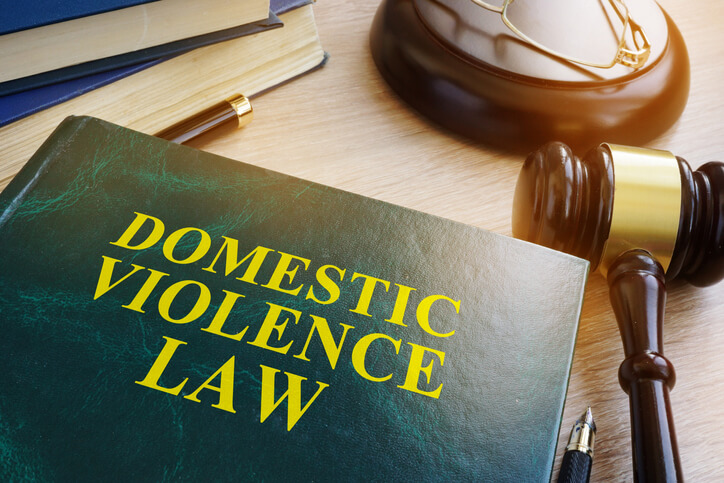Have you been accused of domestic violence and a 3rd-degree felony? The consequences of an accusation for domestic violence can be complex and impact your future, family, and friends. The government entity (Washington state) who brought the charges becomes the plaintiff, and you become the defendant.
What is 3rd-degree domestic violence? Are there any penalties or charges? Keep reading to find the answers to the most common questions asked by defendants.

What Is Domestic Violence 3rd-Degree?
Domestic violence 3rd-degree is a term used to describe the violent acts between family or household members. The actions can result in physical or mental consequences to the victims, including children.
What does domestic violence 3rd-degree mean in terms of penalties and charges?
In Washington state, 3rd-degree assault domestic violence is punishable by a $10,000 fine and up to five years in prison. However, the charges and penalties may vary based on the defendant’s criminal history, whether an instrument or weapon is involved, and whether the act resulted in considerable suffering and substantial pain.
Domestic Violence 3rd-Degree: Six Major Criminal Law Defenses
When accused of domestic violence 3rd-degree, you need a criminal defense attorney to stand behind you in court, defend, and negate the evidence that the prosecution is using to convict you.
Here are the six primary criminal law defenses that may preserve your freedom and reputation.
Affirmative Defense
In the case of affirmative defense, the attorney and defendant provide proof that undermines the claims made by the prosecutor. Justification or alibi represents the perfect example of an affirmative defense.
Coercion and Duress
If several factors (death threat, serious physical harm) led a family or household member to take criminal actions involving coercion and duress, your criminal defense lawyer would argue that the individual was obligated to break the law.
Abandonment and Withdrawal
In some cases, individuals aim to commit a crime, but for some reason, decide to withdraw from the act, although other parties still want to proceed with it. The criminal defense lawyer will provide evidence that shows the defendant abandoned the scene and didn’t contribute to the crime.
Self-Defense
Certain crimes such as murder, battery, or assault sometimes involve individuals who felt that violence was imperative for self-preservation.
The defendant won’t deny that violence did happen but ask the criminal justice system in Washington to excuse it.
Defense-of-Others
Defense-of-others law defense is similar to self-defense, where the defendant asks the criminal justice system to excuse the actions due to the protection of other people.
Violations of Constitutional Rights
Washington state and The U.S. Constitution established rights meant to protect individuals from invasions by the government. Individuals facing criminal domestic violence 3rd-degree charges based on illegal searches or improper confessions might use this defense strategy.
Top-Rated Attorneys for 3rd-Degree Domestic Violence Defenses
If you or your loved one have been accused of 3rd-degree domestic violence, trust the experienced attorneys from Leyba Defense PLLC in Bellevue, WA, to support you every step of the way.
If you want to learn more on the topics “What is 3rd-degree domestic violence” or “Types of defenses in criminal law,” contact us today at 206-258-6049. We offer free consultations.
